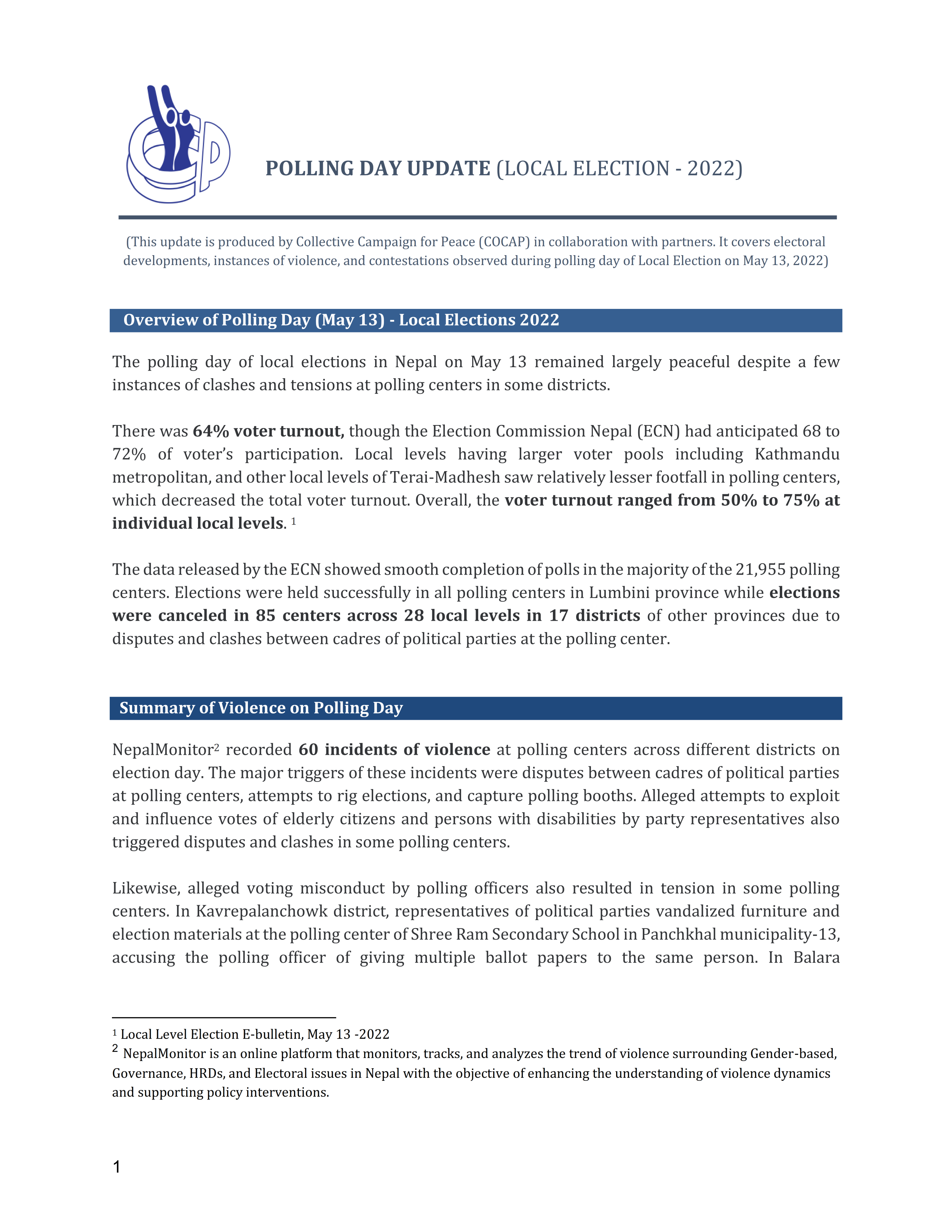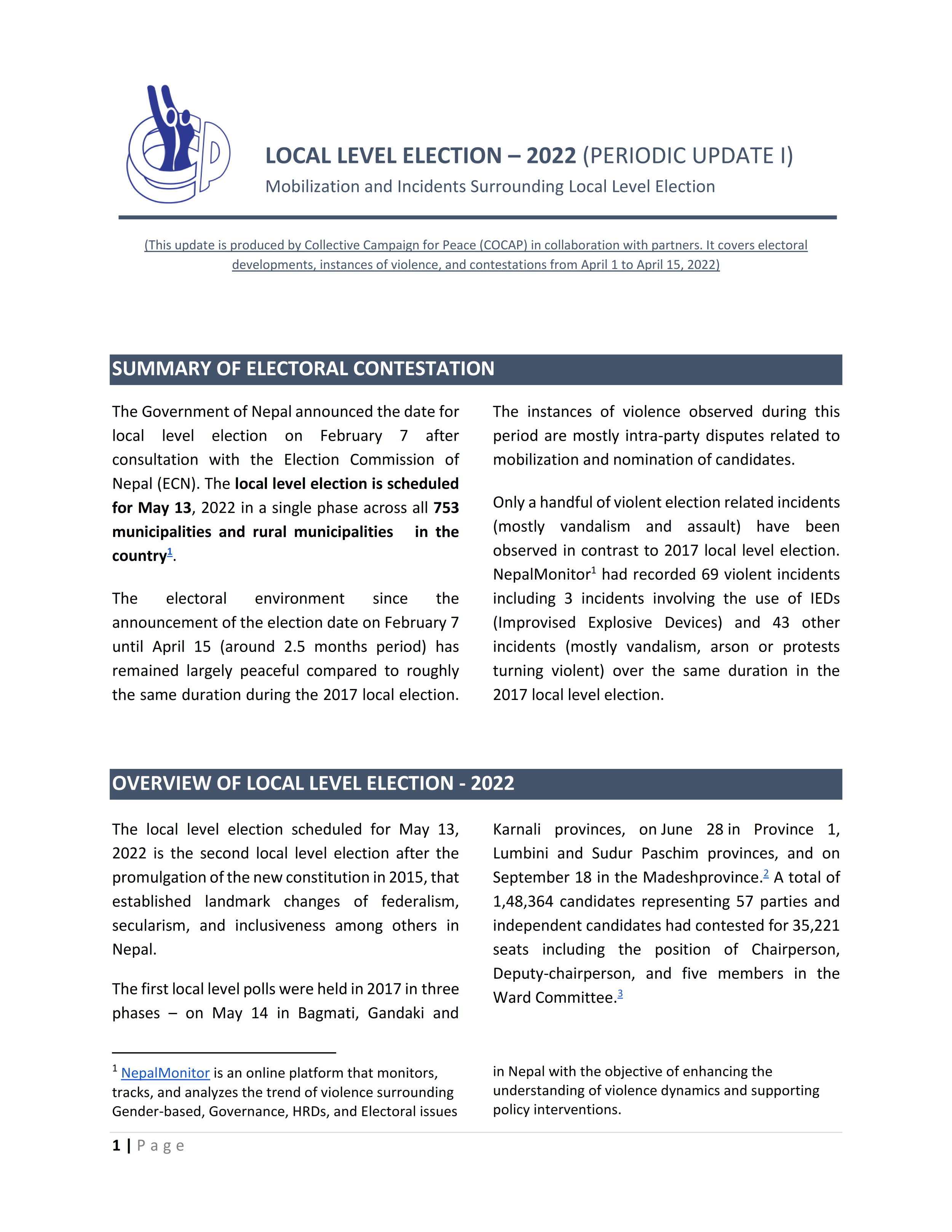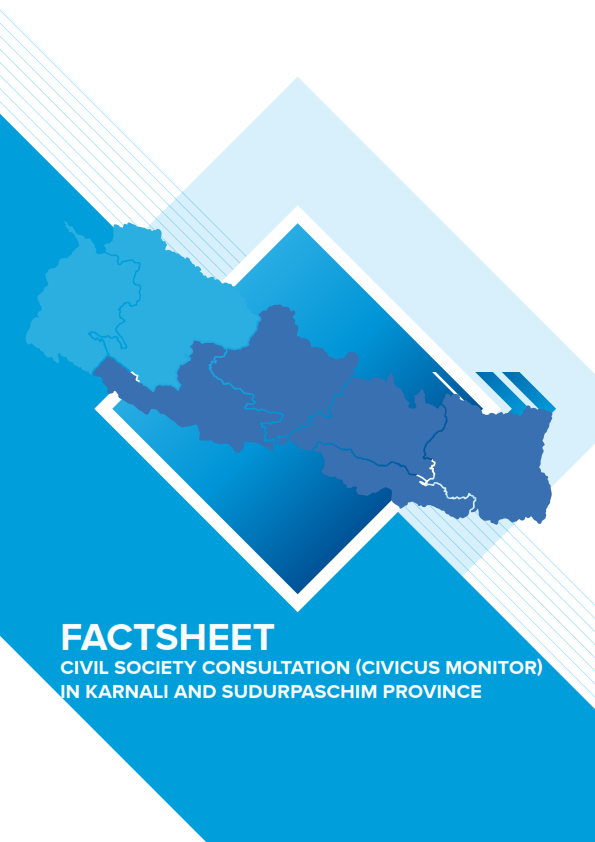Incident Reports
Nepal strongly objects to EU-India statement on constitution
2016-04-01
The government of Nepal has taken serious exception to the joint statement issued by the European Union and India after the 13th EU-India summit held in Brussels on Wednesday.
The EU-India statement has irked the government leadership in Nepal as it said, "they also agreed on the need for a lasting and inclusive constitutional settlement in Nepal that will address the remaining constitutional issues in a time bound manner, and promote political stability and economic growth."
Indian Prime Minister Narendra Modi attended the summit.
Nepal has said the joint statement not only hurts the sentiments of the people of Nepal but also defies the fundamental principle of non-interference in the internal affairs of a country, and is in breach of the UN Charter and the norms of international law.
"The Government of Nepal calls on all to fully respect the sovereign and democratic rights of the people of Nepal and refrain from making uncalled for statements," reads the statement issued by the Ministry of Foreign Affairs on Thursday. "The Government and people of Nepal are fully capable of resolving their issues themselves within the framework of the constitution," it adds.
The foreign ministry recalled that Nepal promulgated the constitution through a democratically elected Constituent Assembly and that the constitution fully accommodates the aspirations of the people of Nepal. "The promulgation of the constitution formally concludes the nationally-driven peace process initiated in 2006 and institutionalizes significant democratic gains, including a federal and republican system," it said. "Constitution-making and its promulgation are essentially internal matters of a country."
The government also claimed that Nepal has now moved ahead along the path of political stability and economic development.
The EU's joining with India in issuing the latest statement has surprised many as the EU had described the endorsement of Nepal's new constitution as a historic event marking the culmination of the Comprehensive Peace Agreement. "The conclusion of this long process should lay the foundation for Nepal's future political stability and economic development," read the EU's statement, which was issued immediately after the Constituent Assembly endorsed the national charter through voting.
Indian Prime Minister Narendra Modi and his UK counterpart David Cameron had also issued a similar joint statement in November that stressed the importance of a lasting peace and inclusive constitutional settlement in Nepal.
The UK-India statement was also widely criticized in Nepal and the government had said that constitution making was an internal matter of the country and Nepal was capable of handling its internal affairs on its own.
Responding to the UK-India joint statement, the Ministry of Foreign Affairs had said, "Nepal respects the international community's support and goodwill for peace, stability and prosperity. However, Nepal strongly views that constitution making is an internal matter of the country and Nepal is capable of handling its internal affairs on its own."
National/Online Media
Related Reports
Governance / Kathmandu
Medical education concern committee protest by banging plates and whistling
September 08, 2023
Governance / Darchula
Workers padlock school citing non-receipt of wages for more than a year
Sudurpashchim, Darchula, Naugad
August 29, 2023
Governance / Sunsari
Prohibitory order issued in Dharan, tightening at entry points
Province 1, Sunsari, Dharan
August 25, 2023
Governance / Morang
Students of Eastern College in Biratnagar on protest
Province 1, Morang, Biratnagar
August 23, 2023
Related Trend Analysis
Analysis

THE NEPAL PEACE MONITOR ANNUAL REVIEW: 2020
October 25, 2021
Human Trafficking / LGBT+ Rights / GBV / Political / Children’s Rights / Senior Citizens’ Rights / HRD Issues / Human Rights / Interpersonal Violence / Governance / Covid-19 / Civic-Space / PwD

_001.png)




